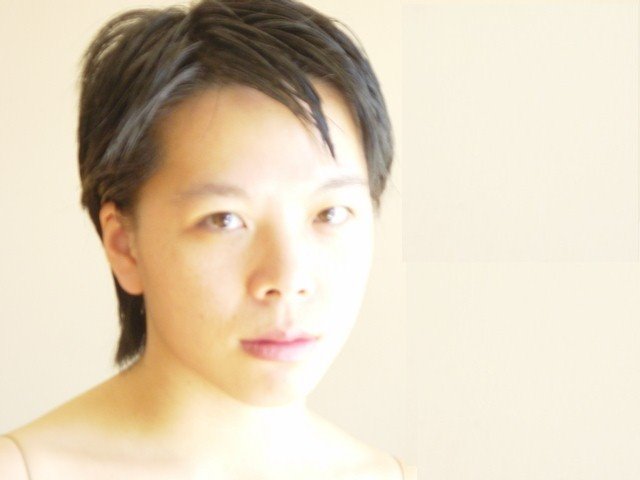who gets a say, and who doesn't?
.
unfortunately, the entire panel of distinguished journalists leaned towards the belief that the internet does not and cannot yet provide news or be substituted for hard copy news-reading. on the contrary, i read all my news during lunchtime, on the internet: ny times, spiegel, digg, washington post, et cetera. and although sometimes i miss holding a hard copy in my hands, i did not agree when one of the panelists stated, "the internet is not bringing more knowledge and news to the people living in the heartland today." and another piped in, "that's why we have iraq." instead, i think it is not that the internet is not providing news, it is that the people who are not knowledgeable about what is going on around the world today are not accessing the internet and not accessing the pertinent information that is there, period.
in addition, while they criticized citizen journalists and bloggers for writing without fact-checking nor research, i feel that this is true for too many "professional" journalists today, especially in television journalism. and remember little Nicky Sylvester at The Village Voice? as readers lose trust in their news journalists, and even in print -- although i am on the side of swearing on anything that has been printed -- our "professional" and respected journalists have to consider the fact that good journalism has been sliding for some time now...maybe since around, oh, say, january 20, 2001. these days, readers need to do their own "fact-checking" and "research" online just to see both sides of the story, from the latest medical news, to the state of the environment, to who pleaded guilty and why, to how does the united nations decisions impact other countries beside our own, et cetera, et cetera. so we turn to the bloggers, we turn to "citizen journalists" and others who may be more open-minded, or can commit more time without deadlines, to finding the truth and still, it is our responsibility to sift through it all until we are satisfied.
much of real truth these days is a balancing act -- the side that comes out first comes out on top because we have so little patience and a limited attention-span. but we cannot trust just one source anymore. truth is a polyhedron. try to find it from all sides.
.
20070404:2303
.
unfortunately, the entire panel of distinguished journalists leaned towards the belief that the internet does not and cannot yet provide news or be substituted for hard copy news-reading. on the contrary, i read all my news during lunchtime, on the internet: ny times, spiegel, digg, washington post, et cetera. and although sometimes i miss holding a hard copy in my hands, i did not agree when one of the panelists stated, "the internet is not bringing more knowledge and news to the people living in the heartland today." and another piped in, "that's why we have iraq." instead, i think it is not that the internet is not providing news, it is that the people who are not knowledgeable about what is going on around the world today are not accessing the internet and not accessing the pertinent information that is there, period.
in addition, while they criticized citizen journalists and bloggers for writing without fact-checking nor research, i feel that this is true for too many "professional" journalists today, especially in television journalism. and remember little Nicky Sylvester at The Village Voice? as readers lose trust in their news journalists, and even in print -- although i am on the side of swearing on anything that has been printed -- our "professional" and respected journalists have to consider the fact that good journalism has been sliding for some time now...maybe since around, oh, say, january 20, 2001. these days, readers need to do their own "fact-checking" and "research" online just to see both sides of the story, from the latest medical news, to the state of the environment, to who pleaded guilty and why, to how does the united nations decisions impact other countries beside our own, et cetera, et cetera. so we turn to the bloggers, we turn to "citizen journalists" and others who may be more open-minded, or can commit more time without deadlines, to finding the truth and still, it is our responsibility to sift through it all until we are satisfied.
much of real truth these days is a balancing act -- the side that comes out first comes out on top because we have so little patience and a limited attention-span. but we cannot trust just one source anymore. truth is a polyhedron. try to find it from all sides.
.
20070404:2303



0 Comments:
Post a Comment
<< Home